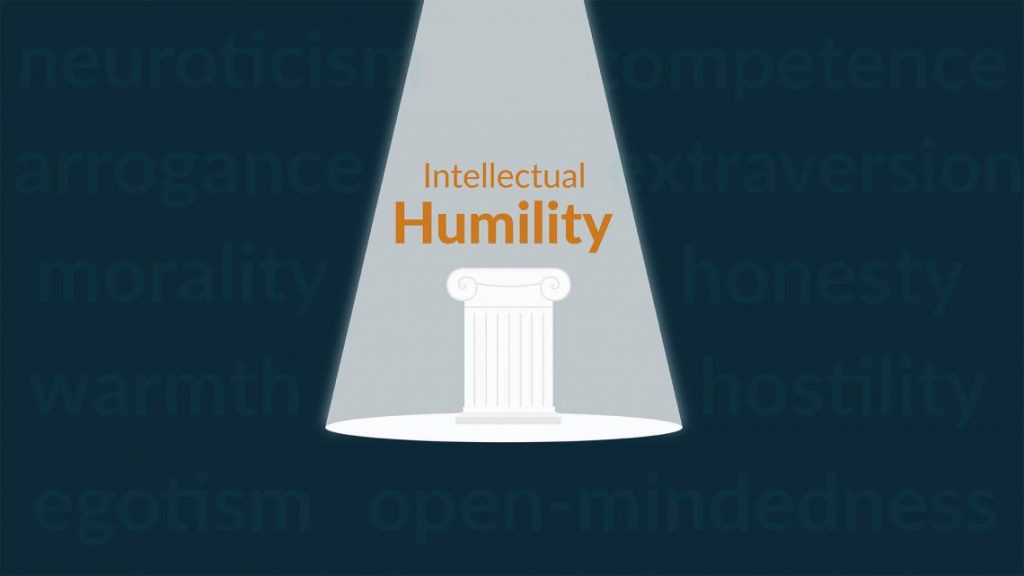Posts Tagged ‘intellectual humility’
Could I be wrong? Exploring cognitive bias, curiosity, intellectual humility, and lifelong learning
Welcome to a new edition of SharpBrains’ e‑newsletter, featuring eight timely scientific and industry news plus a few fun teasers to appreciate our unique human brains. #1. Could I be wrong? Exploring research on cognitive bias, curiosity, intellectual humility, and lifelong learning “None of us thinks that our beliefs and attitudes are incorrect; if we…
Read MoreCould I be wrong? Exploring research on cognitive bias, curiosity, intellectual humility, and lifelong learning
A few years ago, I asked a sample of adults to think about all of the disagreements that they have with other people, from minor disagreements about relatively unimportant issues to major disagreements about important matters. Then, I asked them to estimate the percentage of disagreements they have with other people in which they are…
Read MoreStudy: Across all ideological groups, higher cognitive ability and intellectual humility predicts support for free speech
Freedom of Speech: A Right for Everybody, or Only for Like-Minded People? (Heterodox Academy): Freedom of speech is often considered key to a well-functional democracy. In many countries, freedom of speech is considered a more important democratic value than regular elections. But do people genuinely believe in the virtues of open debates by supporting freedom…
Read More

